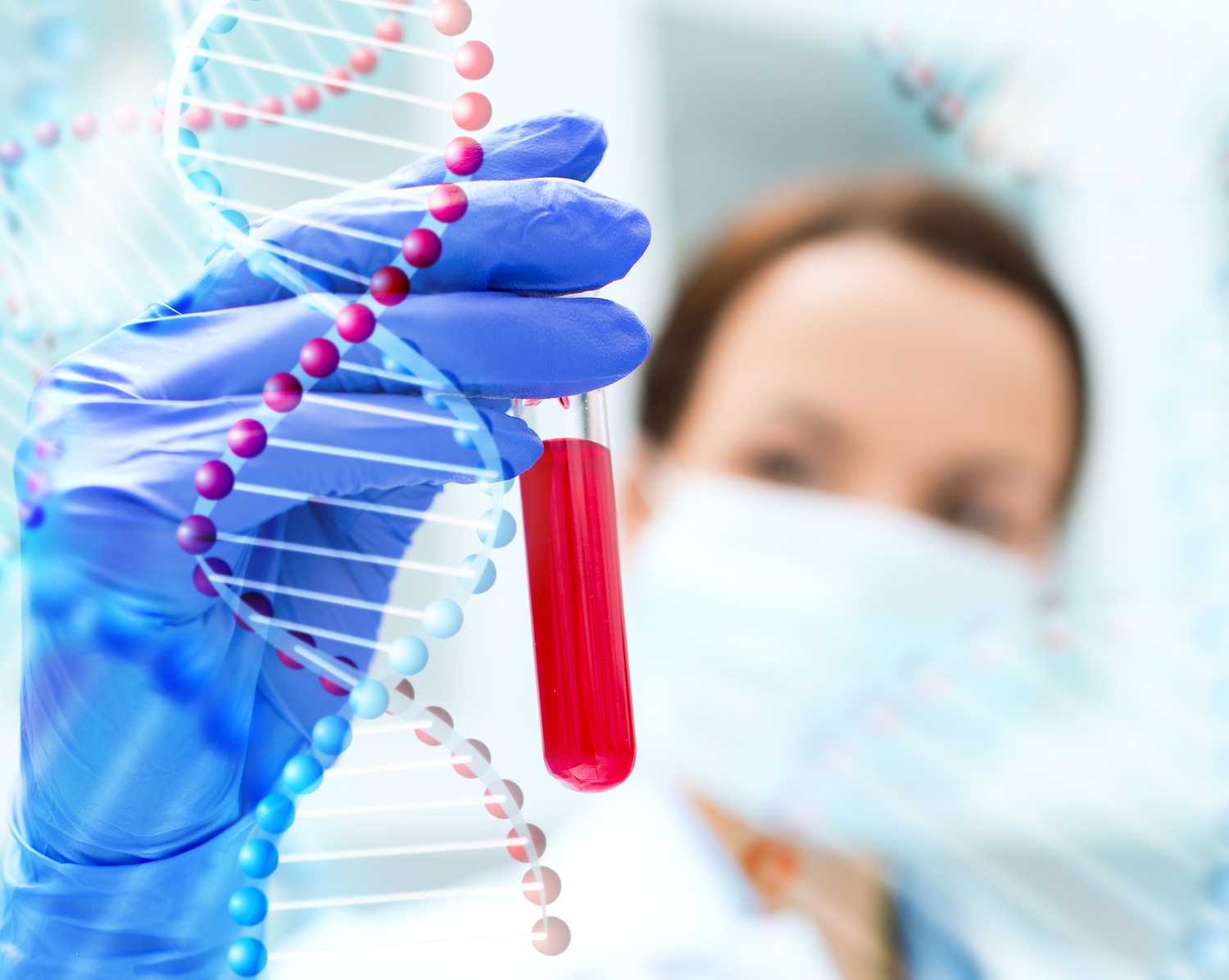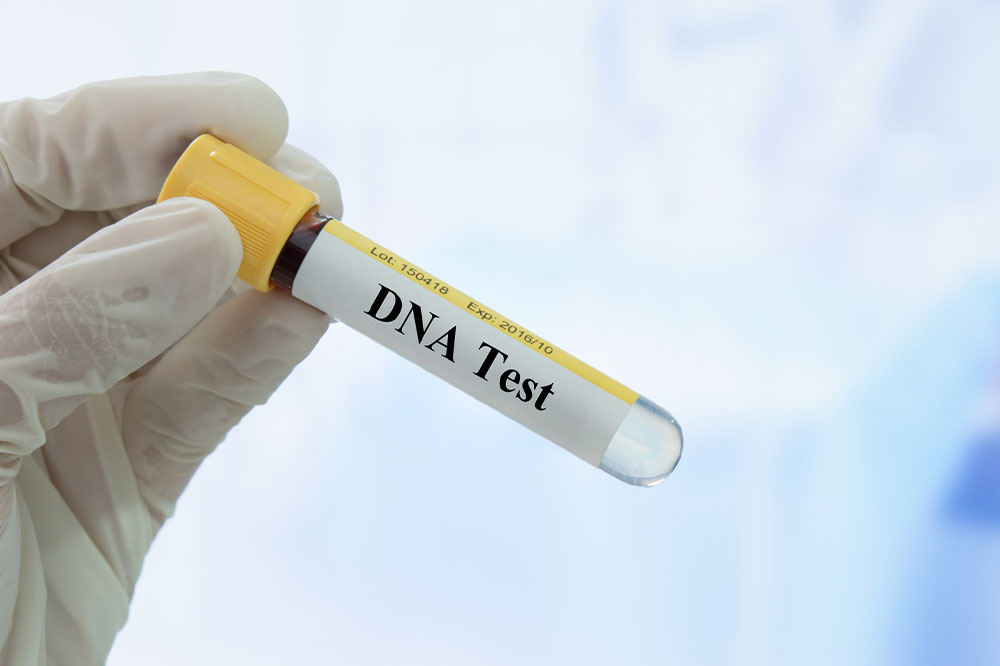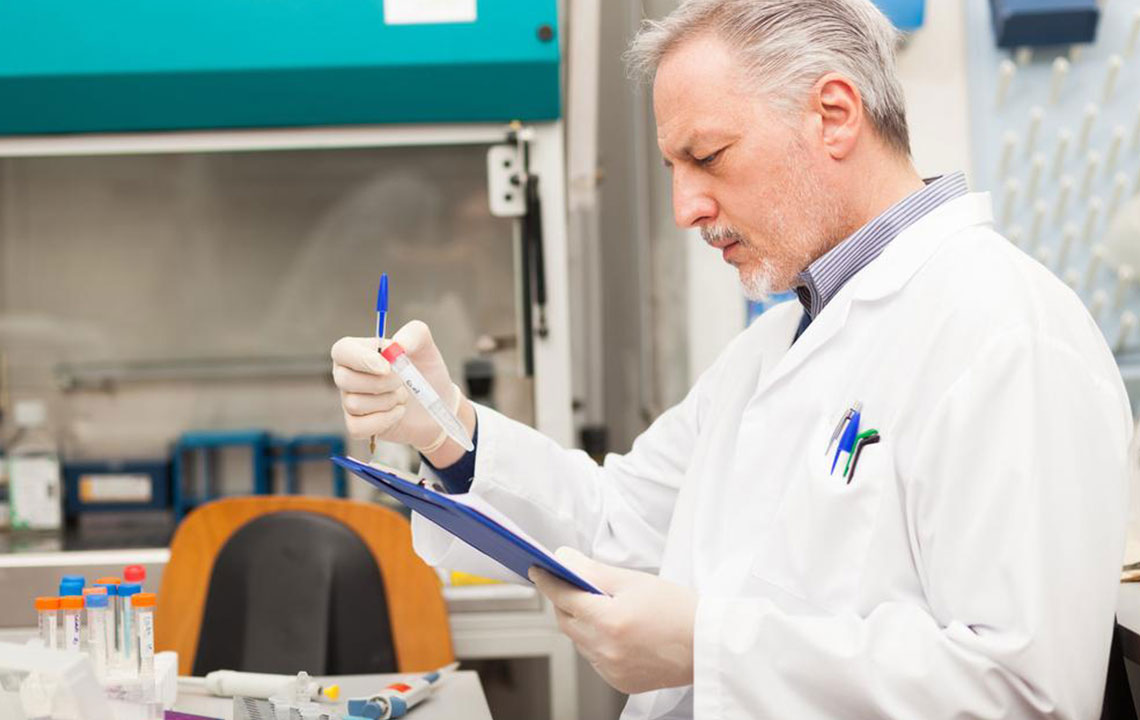Comprehensive Guide to DNA Testing: Exploring Benefits, Risks, and Essential Safety Tips
Explore the comprehensive landscape of DNA testing, uncovering its benefits, potential risks, and safety guidelines. Learn how different genetic tests can aid in health diagnosis, ancestry, and legal identification, along with tips to navigate ethical and safety considerations effectively.

Comprehensive Guide to DNA Testing: Exploring Benefits, Risks, and Essential Safety Tips
DNA testing has revolutionized our understanding of health, ancestry, and biological relationships, offering profound insights that impact millions worldwide. As scientific advancements continue to extend the capabilities of genetic analysis, it’s crucial to understand the various types of DNA tests available, their benefits, potential risks, and safety considerations. This guide aims to provide a thorough overview of DNA testing, helping individuals make informed decisions about their health and genetic information.
Modern DNA testing encompasses various techniques, including molecular, chromosomal, and biochemical genetic assessments. Each type of testing serves specific purposes and is tailored to address different needs—whether diagnosing medical conditions, exploring ancestral roots, or providing legal identification. Understanding these distinctions will help you navigate the complex landscape of genetic testing effectively.
Types of DNA Tests and Their Purposes
Diagnostic Tests: These tests are crucial for identifying or ruling out genetic conditions. They are often initiated when an individual presents symptoms suggestive of a hereditary disorder. Diagnostic testing can be performed at any age and sometimes before birth, allowing for early intervention and management of health conditions.
Newborn Screening: This universally implemented program involves testing infants shortly after birth for various genetic disorders that can cause serious health problems if left untreated. Commonly screened conditions include phenylketonuria (PKU), hypothyroidism, and cystic fibrosis. Early diagnosis enables timely treatment, significantly improving quality of life.
Prenatal Tests: These are performed during pregnancy to assess the health and genetic status of the fetus. Techniques include non-invasive prenatal testing (NIPT), which analyzes fetal DNA circulating in the mother’s blood, and invasive procedures like amniocentesis, which carry a slight risk of miscarriage. Prenatal testing can detect chromosomal abnormalities such as Down syndrome or genetic mutations associated with inherited disorders.
Carrier Screening: This testing identifies individuals who carry gene mutations that could be passed to offspring, causing genetic disorders. It’s particularly important for couples planning a family, especially if there's a family history of hereditary diseases or if they belong to ethnic groups with higher carrier rates, such as Ashkenazi Jews or certain Mediterranean populations.
Preimplantation Genetic Testing (PGT): Conducted during IVF procedures, PGT screens embryos for genetic abnormalities before implantation. This helps reduce the risk of passing on inherited conditions and increases the chances of successful pregnancy outcomes.
Predictive Testing: This type of testing looks for gene mutations associated with diseases that tend to develop later in life, such as certain cancers or neurodegenerative disorders like Alzheimer’s disease. It provides valuable information for preventive health strategies but also raises ethical considerations regarding anxiety and lifestyle choices.
Forensic Testing: Unlike medical or ancestry tests, forensic DNA testing is used primarily for legal purposes. It involves analyzing DNA samples collected from crime scenes, missing persons cases, or paternity disputes to establish identity with high accuracy. This process emphasizes legal standards and privacy concerns rather than health or ancestry insights.
Understanding the Limitations and Safety Aspects of DNA Tests
While DNA testing offers remarkable insights into various aspects of our lives, it’s important to be aware of its limitations and safety considerations. No test is perfect; results should be interpreted with an understanding of their probabilistic nature. For example, ancestry testing relies on statistical models to estimate heritage proportions, which means results are not absolute but rather probabilities based on available data.
Forensic tests, too, cannot guarantee absolute identity due to potential contamination, sample handling issues, or limitations in DNA reference databases. Moreover, genetic test results do not always provide definitive answers, particularly for complex diseases influenced by multiple genes and environmental factors.
From a physical safety perspective, most DNA samples—such as blood, saliva, or cheek swabs—are minimally invasive and carry low health risks. However, some procedures like prenatal genetic testing might involve slight risks, including a small chance of miscarriage with invasive methods like amniocentesis. It’s essential to consult healthcare providers about the safest options based on your circumstances.
Beyond physical risks, genetic testing can have significant emotional, social, and ethical implications. Discovering a predisposition to a serious disease may cause anxiety, stress, or altered family dynamics. Privacy concerns arise over how genetic data is stored, shared, and used, with risks of discrimination in employment or insurance if data protections are inadequate.
How to Ensure Safe and Ethical DNA Testing
To maximize safety and ethical integrity in DNA testing, choosing reputable testing providers is paramount. Regulatory agencies and professional organizations often oversee laboratories to ensure quality and accuracy. Researching the company’s credentials, certifications, and data privacy policies is a crucial step before proceeding.
Consultation with healthcare professionals, genetic counselors, or specialists helps clarify which tests are appropriate for your needs and how to interpret the results accurately. Genetic counseling can also assist in understanding potential outcomes, emotional responses, and social or legal ramifications, such as implications for family members or inheritance rights.
Informed consent is a cornerstone of ethical testing practices. Understanding what the test involves, potential outcomes, and data privacy protections ensures that individuals can make autonomous decisions aligned with their values and circumstances.
Legal considerations are critical—some jurisdictions have strict laws governing the use of genetic data, emphasizing the importance of choosing services that comply with national and international privacy standards.
Preparing for Your DNA Test: Tips and Insights
Preparation begins with understanding the purpose and scope of your intended test. Whether it’s for health, ancestry, or legal reasons, knowing what information you seek helps set realistic expectations. Discussing your plans with healthcare providers or genetic counselors can help you understand the process, potential outcomes, and the emotional or social impacts involved.
It’s also vital to consider how you will handle unexpected or sensitive results. Having a support system or counseling resources can aid in processing findings, especially if results indicate a health risk or genetic disorder.
Understanding the logistical aspects—such as sample collection procedures, turnaround times, and costs—also ensures a smooth testing experience. Many reputable providers offer clear instructions and support throughout the process, including post-test counseling and follow-up options.
Finally, being aware of legal and ethical considerations, such as data sharing policies and potential discrimination protections, prepares you to navigate the implications of your genetic information responsibly.
Conclusion
DNA testing is a powerful tool that can illuminate various facets of our biological identity, health, and ancestry. While the benefits are significant, understanding its limitations, safety considerations, and ethical implications is essential for making informed choices. By selecting reputable providers, consulting healthcare professionals, and educating yourself about possible outcomes, you can harness the full potential of genetic testing responsibly and securely. As this field continues to evolve rapidly, staying informed and cautious will ensure that you benefit from advancements without compromising safety or privacy.





